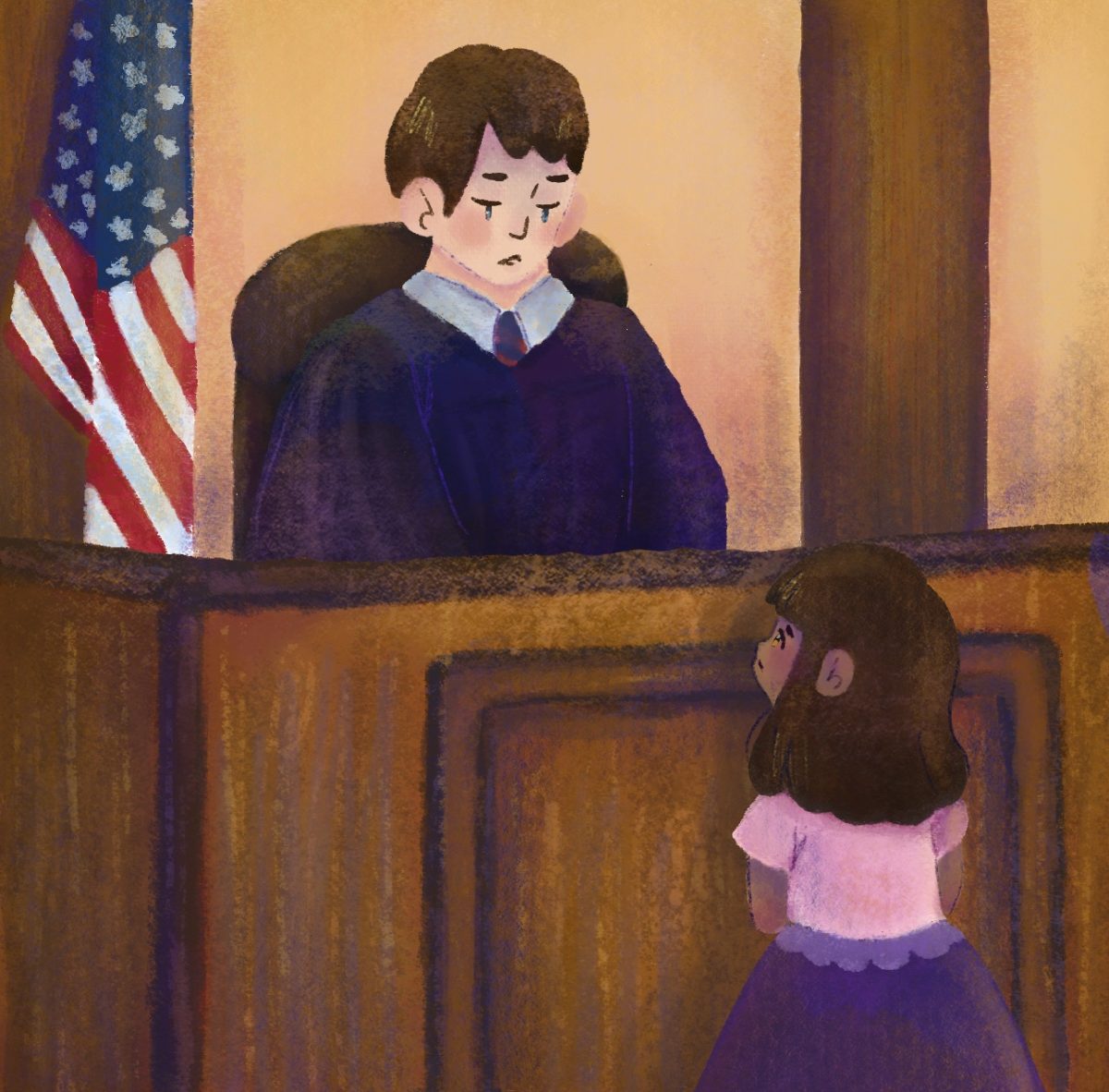The 2008 Republican Primary campaign was, to me, quite humorous. I distinctly remember watching as the Republican contenders continually tried to “out-Reagan” each other during every televised debate.
Indeed, the Republican Party has done a good job at rebranding Ronald Reagan in recent years. I suspect their intention has been to paper over the largely failed presidency of George W. Bush by drawing up parallels to the Reagan years, which most Americans remember as a time of optimism and prosperity.
After listening to the likes of Karl Rove, Sean Hannity and Bill Kristol long enough, one is left with the impression that Reagan is the embodiment of all things conservative, and that the current GOP platform is a reflection of how Reagan would respond to many of today’s challenges.
After examining the record, I’m not sure Reagan could win a Republican primary today. So who was the real Ronald Reagan? For starters, he wasn’t the rigid social conservative many believe him to be.
In later years, Reagan expressed support for the pro-life cause (after signing one of the most expansive pro-choice bills in America as governor of California), but even then, this divorced former actor was not one to emphasize federal control over social issues.
Social conservatives – think Mike Huckabee – seem to have disdain for anyone on the right who suggests the government has no business regulating our personal behavior.
In a May 2008 interview, Huckabee declared, “The greatest threat to classic republicanism is not liberalism; it’s this new brand of libertarianism,” which he went on to call a “heartless, callous, soulless type of economic conservatism” and dismissed it as “not an American message.”
By contrast, Reagan told Reason Magazine in a 1975 interview, “If you analyze it I believe the very heart and soul of conservatism is libertarianism…the basis of conservatism is a desire for less government interference or less centralized authority or more individual freedom, and this is a pretty general description also of what libertarianism is.”
The Cato Institute’s David Boaz was right when he wrote that Reagan’s “conservatism involved making government smaller, not using big government for conservative goals… Reagan was regarded as a social conservative…but he rarely sought to use government to impose those values.”
Reagan stood in opposition to a late 1970s anti-gay proposition that was advanced in California, and a writer for the Washington Post called Reagan a “closet tolerant” after he became the first president to host a gay couple overnight in the White House in 1984.
In 1986, Reagan threw his support behind the Immigration Reform and Control Act, which granted amnesty to almost 3 million undocumented immigrants.
In his 1984 presidential debate against Walter Mondale, Reagan said, “I believe in the idea of amnesty for those who have put down roots and lived here, even though sometime back they may have entered illegally.”
In recent years, many of Reagan’s former staffers have come forward to reinforce that Reagan would have been opposed to the GOP’s current protectionist positions on immigration.
One of his former speechwriters told NPR, “It was in Ronald Reagan’s bones – it was part of his understanding of America – that the country was fundamentally open to those who wanted to join us here.”
In 2008, the Republican field was nearly united (with the exception of Ron Paul) in its support for preemptive unilateral strikes against Iran’s nuclear facilities. In keeping with his assertion that “Ronald Reagan was a president of strength,” Mitt Romney has repeatedly chastised the Obama administration for even entertaining the idea of direct talks with the Iranian regime.
But in 1980, Reagan actually campaigned on the idea that “strong leadership” should be used as a deterrent to engaging in nation building and military conflicts with other nations.
Reagan’s famous 1980 “peace through strength” campaign commercial lamented, “Slowly, we once slid into Korea, slowly into Vietnam, and now the Persian Gulf beckons.” The ad goes on to inform, “The message Ronald Reagan has carried to America is one of restraint.”
Toward the end, Reagan says, “I have repeatedly said in this campaign that I will sit down with the Soviet Union for as long as it takes to negotiate a balanced and equitable arms limitation agreement, designed to improve the prospects for peace.”
And he did. In fact, Reagan’s foreign policy during the 1980s, though far from perfect, reflects a far more diplomatic and strategic tone when compared to the Bush presidency. He was aggressive in negotiating with the Soviets for the same kind of arms reduction treaty that Obama is presently pushing for with Russia.
And after 241 American Marines were killed in Lebanon, Reagan immediately withdrew U.S. forces, writing, “The irrationality of Middle Eastern politics forced us to rethink our policy there. If there would be some rethinking of policy before our men die, we would be a lot better off. If that policy had changed towards more of a neutral position and neutrality, those 241 Marines would be alive today.”
Certainly, Ronald Reagan wasn’t perfect. But his personal writings all but confirm that he wasn’t the “amiable dunce” many thought him to be. And today’s GOP would greatly benefit from rethinking Reagan’s record without the use of rose-colored glasses.





